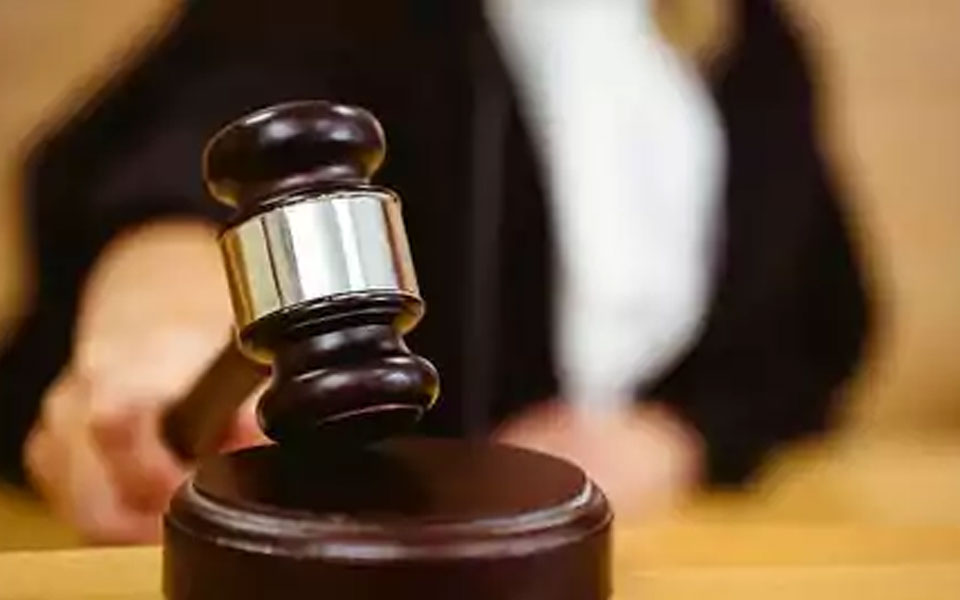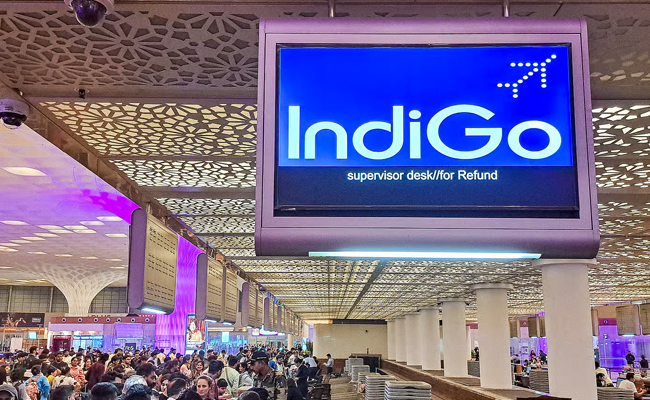NEW DELHI: A CBI special court on Tuesday rejected the discharge pleas of former police officers DG Vanzara and NK Amin who are accused in the Ishrat Jahan alleged fake encounter case.
The court had last month concluded hearing arguments of the two accused retired police officers, the CBI and Ishrat's mother Shamima Kauser, who had challenged Vanzara's discharge plea.
Former Gujarat DIG Vanzara has sought discharge on the ground of parity with the former DGP of the state P P Pandey, who was discharged in the case in February this year for want of evidence against him.
In his plea, Vanzara had also claimed that the charge sheet filed by the central agency was "concocted" and there was "no prosecutable material" against him.
The former Gujarat Anti-Terrorist Squad chief said statements of the witnesses were "highly suspicious".
Amin, who retired as the superintendent of police, sought his discharge on the ground that the encounter was genuine and that testimonies of witnesses produced by the Central Bureau of Investigation (CBI) were not reliable.
Ishrat's mother sought to oppose Vanzara's plea and told the court that her daughter was "murdered following a conspiracy between high-ranking police officers and others holding powerful and influential positions".
She said Vanzara played a "direct and key role" in the conspiracy behind the "staged encounter".
Jahan, a 19-year-old woman from Mumbra near Mumbai, and three others -- Javed Shaikh alias Pranesh Pillai, Amjadali Akbarali Rana and Zeeshan Johar -- were killed by the police in an "encounter" on the outskirts of Ahmedabad on June 15, 2004.
At that time, the police had claimed that the four had terror links and plotted to kill the then Gujarat chief minister Narendra Modi. A Special Investigation Team, set up by the Gujarat High Court, however, concluded that the encounter was "fake".
Following this, the court transferred the case, initially handled by the state police, to the CBI.
In the first charge sheet filed in 2013, the CBI named seven police officials, including IPS officers Pandey, Vanzara and G L Singhal, as accused.
All were booked for kidnapping, murder and conspiracy, among other charges.
Vanzara was also named an accused in the alleged fake encounter case of Sohrabuddin Sheikh, a suspected gangster, and his aide Tulsiram Prajapati. He was discharged by a court in Mumbai last year.
courtesy : timesofindia.indiatimes.com
Let the Truth be known. If you read VB and like VB, please be a VB Supporter and Help us deliver the Truth to one and all.
Bengaluru (PTI): The Karnataka government has issued directions to municipal corporations across the state to regulate and prohibit feeding pigeons in public places, citing serious public health concerns.
Deputy Secretary to Government V Lakshmikanth has written to the Urban Development Department requesting it to issue directions to the Greater Bengaluru Authority (GBA) and all municipal corporations to take immediate steps to implement the measures.
In an official note dated December 16 issued by the Health and Family Welfare Department and released to the media on Wednesday, the department said uncontrolled feeding of pigeons in public places has resulted in large congregations of birds, excessive droppings and serious health concerns, particularly respiratory illnesses linked to prolonged exposure to pigeon droppings and feathers such as hypersensitivity pneumonitis and other lung diseases.
ALSO READ: Chinese GPS tracker found on seagull near Karwar Coast
"The commissioner, the Greater Bengaluru Authority and the Commissioners and chief officers of other municipal corporations shall take necessary action to mitigate the causes of dangerous disease spread by pigeon and enforce specified guidelines in their respective jurisdiction," the note said.
According to the department, these include a prohibition on feeding pigeons or causing pigeons to be fed in areas where it may cause nuisance or pose a health hazard to the public. Pigeon feeding shall be permitted only in designated areas in a controlled manner, subject to certain conditions.
"The designated areas may be selected in consultation with stakeholders. The responsibility for upkeep of the designated areas and compliance to the directions shall be taken up by some charitable organisation or an NGO. The feeding in designated areas shall be permitted only for some limited hours in the day," it said.
The note further stated that authorised officers of local authorities shall issue on-the-spot warnings and may impose fines for violation of the order, or lodge complaints to prosecute offenders under Sections 271 (Negligent act likely to spread infection of disease dangerous to life) and 272 (Malignant act likely to spread infection of disease dangerous to life) of the Bharatiya Nyaya Sanhita.
It also directed local authorities to conduct public awareness campaigns, including the display of signboards, banners and digital messages, explaining the health hazards associated with pigeon droppings and feathers, the content of the regulatory directions and penalties for violations, and alternative humane methods of bird conservation that do not endanger public health.





